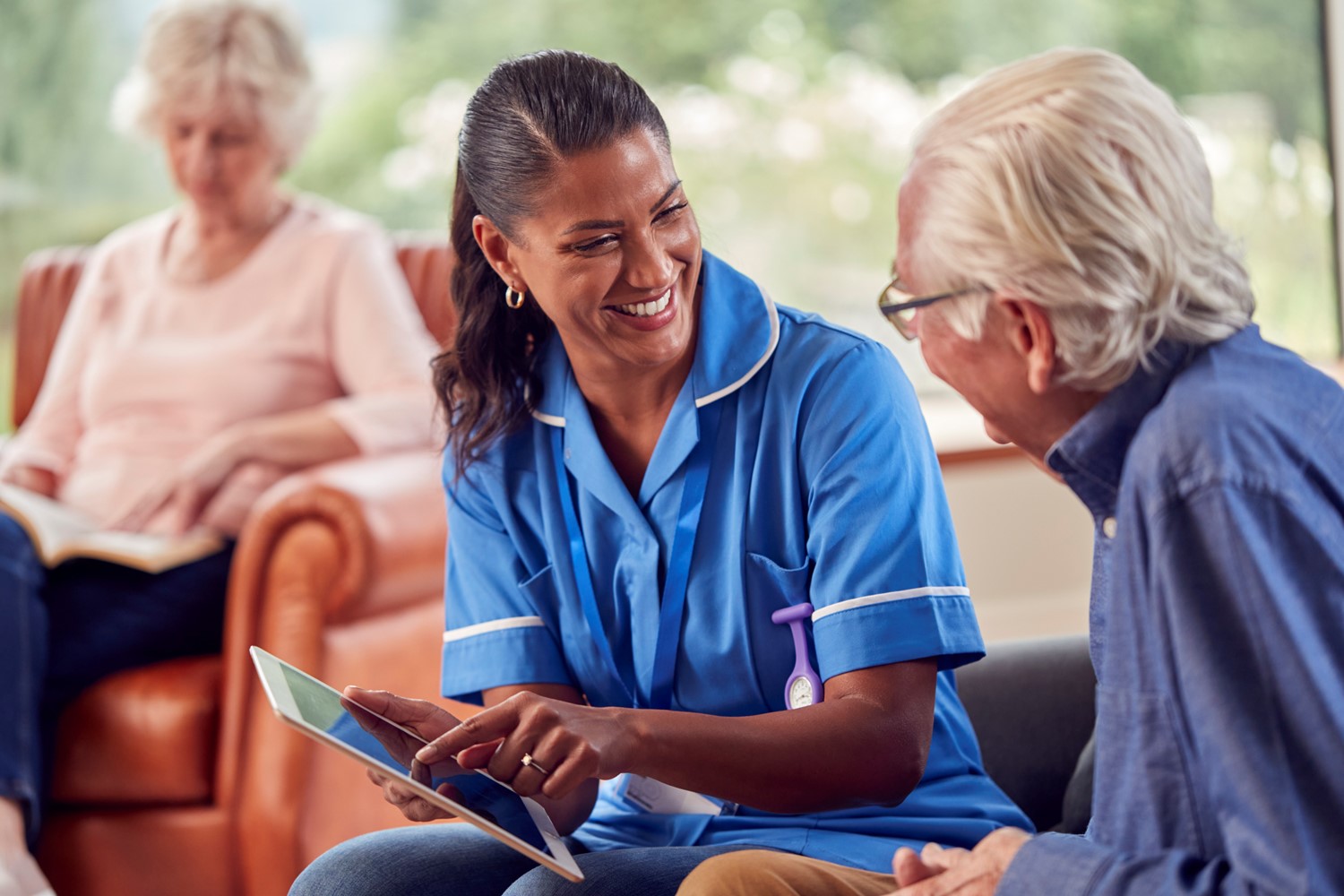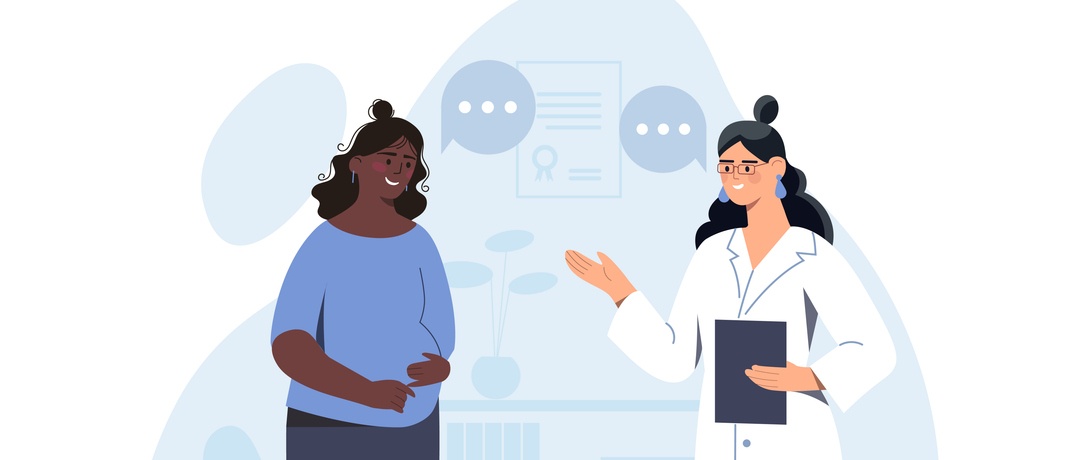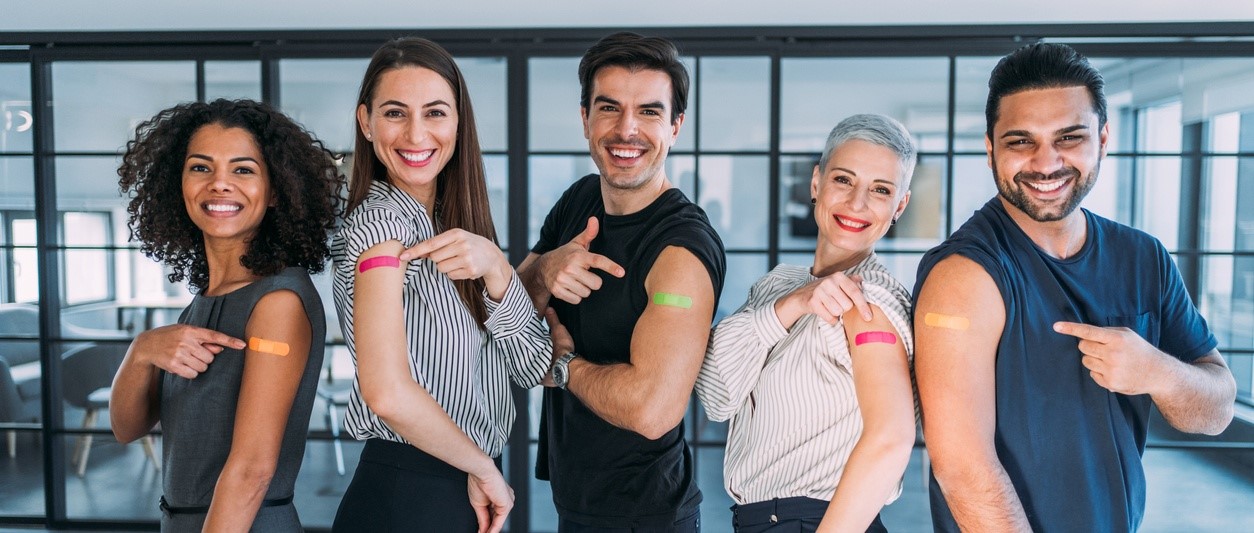
Clinical research FAQ
Peer reviewed by Dr Krishna Vakharia, MRCGPAuthored by Lawrence HigginsOriginally published 24 Jan 2023
Meets Patient’s editorial guidelines
- DownloadDownload
- Share
- Language
- Discussion
- Audio Version
The UK health sector has made sure it is one of the best in the world by understanding more about the conditions that affect us. It has improved and saved countless numbers of lives. Those who take part in clinical research may not just contribute to helping society, their friends, or their family; they may also help save themselves.
In this article:
Video picks for Health research
Continue reading below
Clinical Research Hub
The UK health sector has made sure it is one of the best in the world by understanding more about the conditions that affect us. It has improved and saved countless numbers of lives. Those who take part in clinical research may not just contribute to helping society, their friends, or their family; they may also help save themselves.
What is clinical research?
Back to contentsClinical research or trials are studies that look at what happens when we take a certain medicine or how we are affected by health conditions. The research helps us to provide patients with better treatments or help stop them becoming ill in the first place. Other benefits could be reduced waiting lists for treatments and the freeing up of hospital beds, as well as saving the time of nurses and doctors.
The COVID-19 pandemic showed the life-changing differences research can make. The scientists could never have developed the vaccinations at record speed without the support of the people who volunteered to help with testing. The thousands of people who took part and received those early vaccines were able to cope with COVID before everyone else.
Continue reading below
Why should I get involved?
Back to contentsBy taking part in clinical research, your information that you share will improve the quality of care given to patients: you may help to save lives - it could even be yours.
It doesn't matter whether you're fit and healthy or have an existing condition, you can help make a difference. There are certain conditions which affect specific groups of society more than others - it may be ethnicity, lifestyle, gender, or location.If you are part of one of these groups, your help is even more beneficial.
How do clinical trials improve healthcare?
Back to contentsThe best way to treat health conditions, diseases and viruses is to understand how they behave in people. Whilst technology has advanced over the years, there is no substitute for real people. Real life research helps us to:
See how a virus progresses.
Understand how people respond to treatment.
Build a timeline for symptoms and recovery.
By monitoring a patient when trying to find out more about a new drug, we might know:
If the drug works.
How quickly the patient recovers.
If there are any side-effects.
Early intervention benefits all of us in the long run, but we need research to implement this successfully.
Continue reading below
Benefits of clinical research
Back to contentsBy taking part in research, you may get the chance to learn more about your own health, or benefit from access to new treatments. As well as providing invaluable help, some researchers will compensate you for taking part in clinical trials. This will depend upon the study or the location, but it is something to bear in mind if you are interested in signing up.
How do I get involved in clinical trials?
Back to contentsGetting involved in research is straightforward. Many GP surgeries and researchers regularly recruit patients for studies. If you are approached by your GP, it will usually be because you have a particular health condition that researchers want to learn more about. If contacted, your GP should help you find the relevant information about your specific study to help you decide if you'd like to take part.
If you have a condition you aren't receiving treatment for, or you are an otherwise healthy adult, you may also be able to take part in a study.
My GP practice is taking part in clinical research. What does this mean for me?
Back to contentsBecause they look after you, GPs are well placed to identify candidates for clinical research. For instance, it is easy for GPs to find patients with high blood pressure for a study which is looking at this condition. GPs can contact eligible patients and refer them to the researcher to find out more. The more volunteers who take part, the better the results.
I've received a message that I'm eligible for a clinical trial. What happens next?
Back to contentsYou'll be given information to find out more about the trial so you can decide if you'd like to take part. If you're interested, you'll be asked to register and share your contact details and some of your health information with the researcher. The clinical trial team will then follow up with you directly to confirm if you're eligible to take part, and will outline next steps.
Am I eligible?
Back to contentsWhether you can take part in a particular trial will be dependent on what that study is and the criteria the researchers have set out. Always read all the information given to you or speak with someone involved with running the trial to ensure that it's safe for you to volunteer. In most cases, if you are invited, you will likely be eligible for the study.
What's involved in a clinical trial?
Back to contentsThis will vary depending on the trial you sign up for, but you might want to consider:
How far away is it?
How will I get there?
Will it cost me anything?
Will I have to stay overnight?
How long will I have to stay for?
Will I get paid?
Some trials last for days or weeks, so check whether:
You can work during the day or you need to take annual leave.
You can have contact with friends and family.
There are any dietary restrictions that may affect you.
You will get paid.
Not all trials involve you going to centres. In most cases, your GP will already have the information the trial needs and it will be a matter of consenting to share the data, especially if trials are looking at how long-term conditions affect people or whether a medication you have already been prescribed has any wanted on unwanted side-effects.
As research is so important to healthcare, some companies will pay or compensate those taking part in trials. This may vary from a substantial amount of money to out-of-pocket expenses. But always find out what will be expected of you before thinking about the money.
Are there any risks?
Back to contentsThe UK has a long, successful history of clinical research trials. It is a well-regulated industry and there are many safeguards in place to ensure your safety.
This does not mean, however, that there is no risk involved. Before you sign up, it is essential that you know exactly what will be expected of you, and what risks there are, if any. Make sure you read all the information you are given very carefully and ask questions. Think about any possible side-effects or allergic reactions.
You will have to sign a consent form prior to joining a trial, so make sure you have thoroughly read all the terms and conditions before doing so.
How are clinical trials regulated?
Back to contentsNo clinical trial can legally begin until the Medicines and Healthcare products Regulatory Agency (MHRA) approves it. This government agency is part of the Department of Health and Social Care and is the best place for checking up on any trials that you might be interested in.
Patient picks for Health research

Health research
How do the clinical trial phases work?
If you're volunteering for a clinical trial, it's important to know what 'trial phase' you'll take part in. Clinical trial phases investigate different aspects of a treatment, work in different ways, and come with their own set of benefits and safety considerations.
by Amberley Davis

Health research
What is a clinical trial?
We need clinical trials to understand how new treatments work on people. If successful, they may eventually be used in the real world by those who need them for a better quality of life. Find out all about how clinical trials work, along with personal insights from Alice - who has participated in around 50 trials over his life.
by Amberley Davis
Continue reading below
Article history
The information on this page is peer reviewed by qualified clinicians.
Next review due: 23 Jan 2028
24 Jan 2023 | Originally published
Authored by:
Lawrence HigginsPeer reviewed by
Dr Krishna Vakharia, MRCGP

Ask, share, connect.
Browse discussions, ask questions, and share experiences across hundreds of health topics.

Feeling unwell?
Assess your symptoms online for free
Sign up to the Patient newsletter
Your weekly dose of clear, trustworthy health advice - written to help you feel informed, confident and in control.
By subscribing you accept our Privacy Policy. You can unsubscribe at any time. We never sell your data.